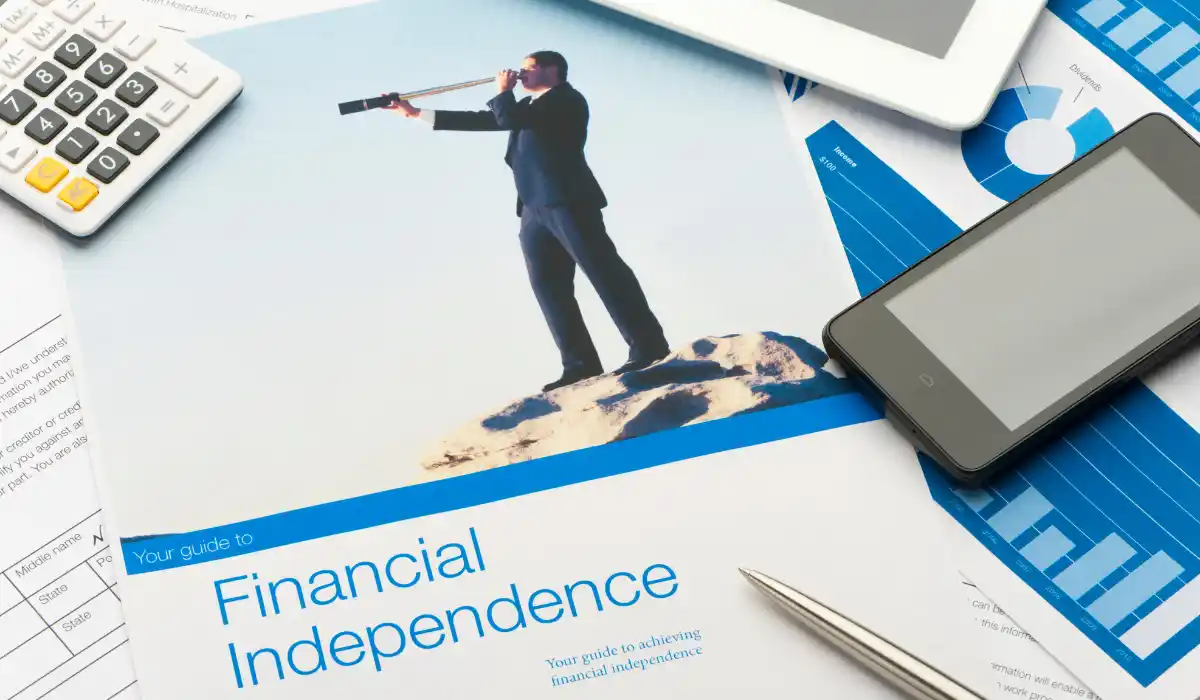
The American Dream: What Financial Independence Truly Means
Introduction
In a landscape dominated by financial aspirations, a recent study conducted by Empower, a prominent financial services company, delves into the intricate fabric of how Americans perceive and define financial independence. The findings, based on a comprehensive poll of 2,000 U.S. adults, paint a vivid picture of the economic dreams and challenges faced by the average American.
Defining Financial Independence
Financial independence is more than just a monetary benchmark; it’s a multifaceted concept that encompasses resilience, self-sufficiency, and freedom from financial constraints. The study reveals that the average American identifies financial independence with an income surpassing $94,000 per year. Remarkably, 60% of respondents express optimism in achieving this significant milestone.
Synonyms for Financial Freedom
For many, financial freedom goes beyond a mere dollar figure. According to the survey, 47% associate it with not relying on financial support from family and friends, emphasizing the importance of self-sufficiency. Another 44% link it to reaching a specific net worth, while 42% connect it with actively contributing to a 401(k) retirement savings plan.
The Pursuit of Success
The study sheds light on the fact that a substantial 39% of Americans equate success with moving up in their careers, while 37% prioritize having a job they love. These aspirations extend beyond monetary considerations, showcasing a holistic approach to defining personal triumph.
Current Financial Realities
Despite the optimism about future financial success, the study indicates that 72% of respondents experience financial stress at least once a month. A staggering 17% admit to daily worries about their financial situations, highlighting the prevalent challenges faced by many Americans.
Dependency Dilemma
Surprisingly, over half of Americans (57%) still depend on their family and friends for financial support. This reliance is especially evident in areas like rent (62%), internet and streaming services (56%), and phone bills (54%). The study unearths a complex web of interdependence that persists despite the desire for financial autonomy.
Optimism and Pessimism
While 31% of those who don’t currently feel financially independent express optimism about achieving it in the future, a notable 54% believe they may never be able to pay their bills without external support. This dichotomy reflects the varying degrees of confidence Americans have in their financial futures.
Age and Financial Independence
A compelling finding emerges as 92% of financially independent Americans claim they only began feeling that way around the age of 36. This insight suggests that achieving financial independence is often a journey that requires time and accumulated experience.
Expert Advice on Financial Clarity
Keith Jones, a senior financial professional with Empower, emphasizes the importance of clarity in achieving financial independence. According to Jones, asking oneself what they want and why sets the stage for clear financial goals, providing direction and purpose. This, in turn, becomes a driving force toward a more secure and satisfying financial future.
Parental Perspectives on Financial Independence
The study takes a closer look at parental expectations, revealing that 40% of parents with adult children aged 20 or older financially support them. Alarmingly, more than half (53%) dip into their retirement savings to aid their children, while 49% live with their children to manage expenses. The data suggests a significant impact on parents’ financial well-being due to their children’s financial dependencies.
Regrets and Reflections
In a surprising revelation, over half of parents (57%) express regret about not having more money conversations with their children while they were growing up. If given the chance to turn back time, 60% would have made financial literacy a priority. This insight underscores the importance of early financial education in shaping future financial independence.
Top 10 Signs of Financial Success
The study concludes with a compelling list of the top 10 signs Americans consider indicative of having “made it” financially:
- Being financially independent/not relying on anyone else for money – 44%
- Moving up in my career/getting promoted – 39%
- Having a job I love – 37%
- Making a certain amount of money – 25%
- Not having to work at all – 25%
- Being able to spend money without worrying – 22%
- Being able to pay my bills on time – 9%
- Buying luxury items I want – 7%
- Being able to retire comfortably – 7%
- Buying a home – 6%
Conclusion
In conclusion, the study by Empower provides a nuanced understanding of how Americans perceive and strive for financial independence. From the intricate nuances of financial aspirations to the challenges faced by individuals and families, this research serves as a valuable resource for anyone navigating the path toward financial success.





